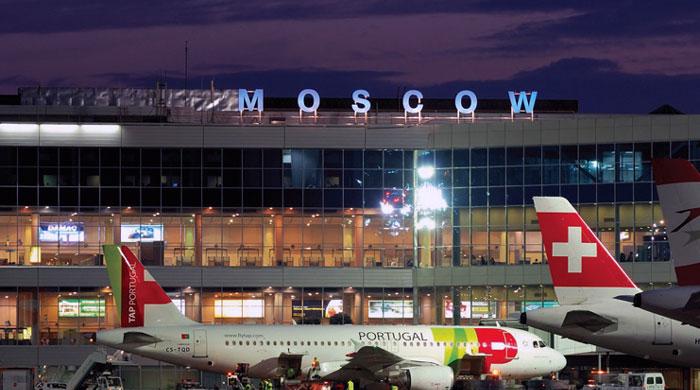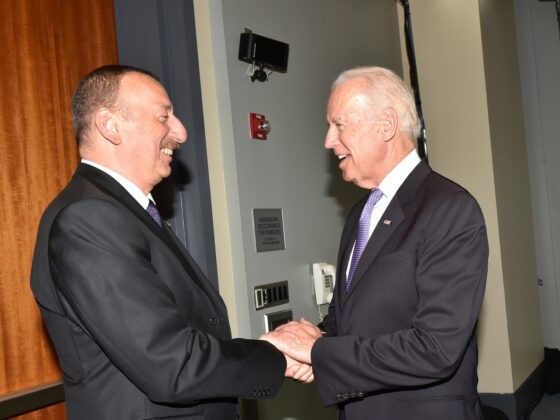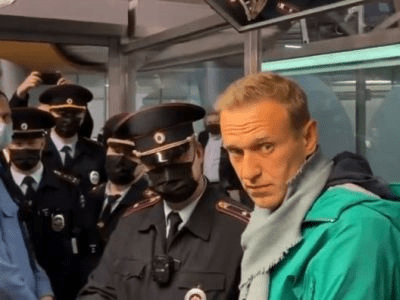(Deutsche Welle) An arrest warrant instead of flowers. With barely enough time to leave the plane, Alexei Navalny was taken into police custody. It was a cold reception for one of the country’s own citizens even by Russian standards; a citizen who almost lost his life the last time he was on Russian soil. […]
For the independent political scientist Kirill Rogov, Navalny’s return is a “brave step.” He says the 44-year-old opposition leader is a “fearless politician,” whose arrest the Kremlin had long avoided. “Putin is convinced that opposition figures can increase their political influence manyfold while in prison,” Rogov says. […]
Read More © Deutsche Welle
St. Petersburg academic and political analyst Ivan Kurilla argued that, at least since the poisoning and the revelations pointing to FSB involvement, “Aleksei Navalny has set the agenda. I wish him success.”
Read More © Radio Free Europe/Radio Liberty
Maria Snegovaya, a postdoctoral fellow at Virginia Tech’s Kellogg Center and a nonresident Atlantic Council fellow, explained Putin’s challenge. “Regardless of what happens next,” she told me on Sunday, “the Kremlin’s attempted murder of Navalny, his investigation of his own poisoning, and his subsequent return to Russia make him an unquestionable leader of Russia’s opposition.”
Read More © Washington Examiner
At the same time, Greene suggested that the heavy security preparations indicated that “the Kremlin’s anxiety about Navalny thus far exceeds the public’s enthusiasm for him” — an apparent reference to the fact that while millions of Russians have watched his videos detailing alleged corruption among Putin’s associates, the breadth of his popular appeal is unclear.
Read More © Radio Free Europe/Radio Liberty











